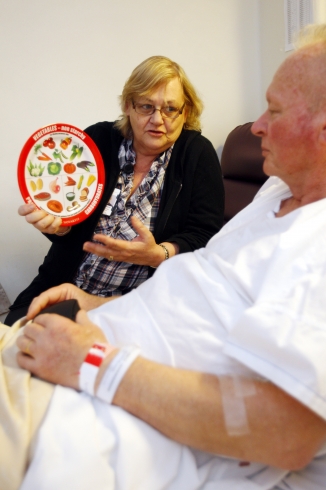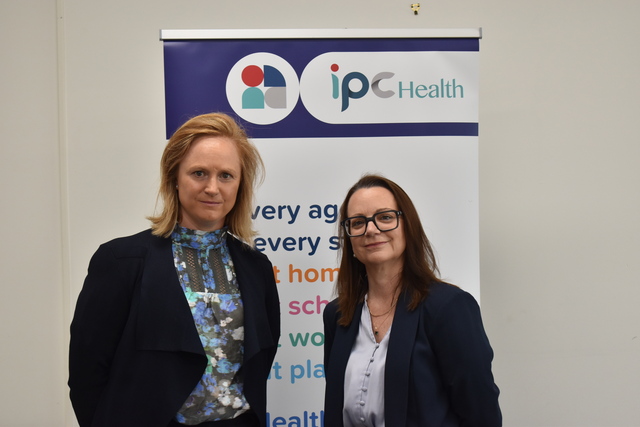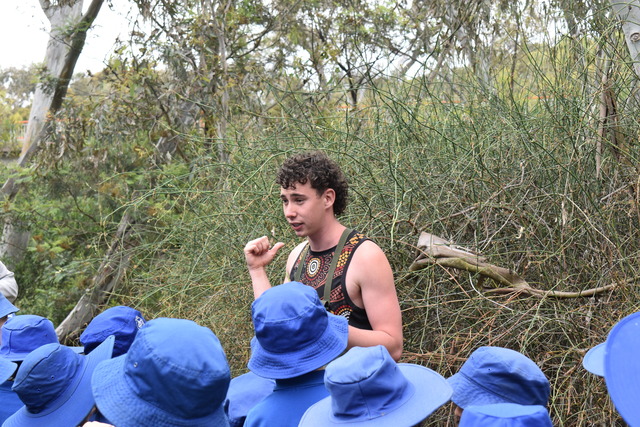BRIMBANK health experts are divided over whether fast-food labelling is the answer to the area’s diabetes epidemic.
Western suburbs Labor MP Wade Noonan has called on the state government to implement mandatory nutritional food labelling on all fast-food products.
Mr Noonan told Parliament that while many outlets had adopted kilojoule labelling, the information remained unclear.
“How can anyone tell what is a healthy kilojoule intake if there is no information available for consumers to benchmark against?
“Victoria needs legislation like New South Wales. Businesses in NSW, such as major fast food, bakery, coffee and doughnut chains with 20 or more stores, are required to clearly and legibly place the kilojoule content on their menu boards and prominently feature the average adult daily intake of 8700 kilojoules.”
The rate of people with diabetes in Brimbank continues to soar, rising 212.5 per cent between 2001 and 2011. Diabetes Australia-Victoria figures show Brimbank is Melbourne’s diabetes hot spot, with 11,793 residents living with the condition. About 15 new cases are diagnosed in the area each week.
Western Health clinical nurse and diabetes education manager, Cheryl Steele, said the idea was positive in principle but an awareness campaign was also needed.
“Just having the number of calories on a packet won’t reach people,” she said.
“If this was to be implemented there would need to be education programs that could teach people, particularly migrants, the importance of the food labelling. Highlighting the amount of fat and how much damage it actually does to the heart vessels and the rest of the body would be very eye-opening for people.”
Ms Steele said the community was fighting a losing battle with obesity. “We need to start with children, educating them on healthy eating, making healthy food accessible to them, encourage exercise and aim for the next generation to be healthier and more aware.”
She encouraged residents struggling with their weight to contact their community health centre or general practitioner.
Altona resident Ken Millington, who was diagnosed with type 2 diabetes last week, said he didn’t look at food labelling closely before, but he would now monitor his diet more closely.
“I think labelling could not only have the potential to prevent the disease but also be useful for people who already have diabetes and are trying to manage it.”
Cecilia Gomez-Benitez, the head of Brimbank’s culturally and linguistically diverse diabetes prevention program, said migrants often struggled to adapt to a change in lifestyle and diet.”We teach them about food labelling in supermarkets, educate them about Australian food and the importance of having a balanced diet. We also host cooking and exercise classes for migrants.”
Keilor Labor MP Natalie Hutchins welcomed Mr Noonan’s proposal but said it would need to be combined with education. “Critics may say it’s creating a nanny state, but at the end of the day people will make their own choice on the food they consume.”







